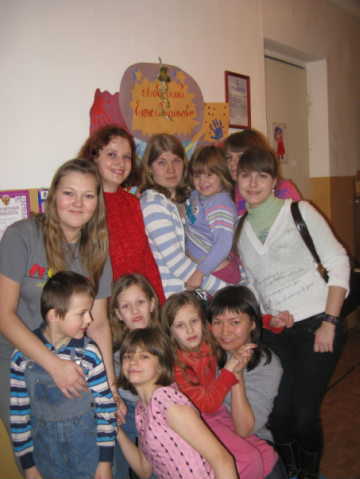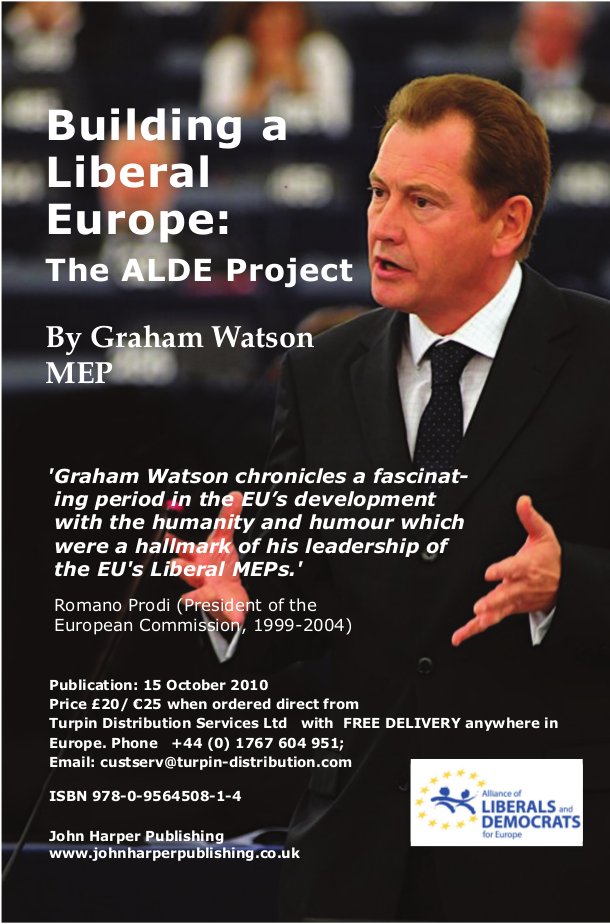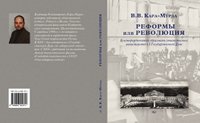Emilia Slabunova at the congress of political consultants: Past elections reflect the results of the state propaganda
Press Release, 24.03.2018
There are many reasons to believe that the results of the elections reflect the effectiveness of the state propaganda, the strength of the barriers by which the government fences off its opponents, the degree of vulnerability of workers before employers, Yabloko party chairman Emilia Slabunova said at the Fifth Congress of the Russian Association of Political Consultants (RAPC) .
When discussing elections, there always emerge a topic of the correlation of the emotional and the rational in the behaviour of voters, in the components of how the political technologies of the campaign were built up, Slabunova noted. “In these elections, the emotional won over the rational, and the irrational won over both the emotional and the rational. I think this is dangerous, because irrationality always entails a great destructive force,” Emilia Slabunova stressed.
According to the politician, in these elections there were fewer institutions and more psychology, which gave more room for manipulation. “Someone says that the political process is very personalised, so only psychologists can predict the political changes. I think it is not so much the topic for psychologists as for psychoanalysts, because the collective unconscious played a leading role in the behaviour, some sublimation took place here, because wounded by both general and personal injuries, the voter grasped at a straw for the opportunity to join a force, even not always creative,” Slabunova noted.
The campaign demonstrated that the laws are being trampled on increasingly cynically and blatantly, she said. This is confirmed by the verification of the signatures conducted by the Central Electoral Commission in closed mode, broadcasting of films about the incumbent president on the federal telelvision channels [unpaid from the candidate’s electoral fund, which represented a violation of the law], the use of the status of the state strategic document – the President’s Address to the Federal Assembly – so that to present the electoral programme of the incumbent president as a presidential candidate.
The content of the election was emasculated, and the opportunity for voters to make a meaningful choice was minimised, the Yabloko Chair emphasised. This was confirmed by the way the candidates’ debates were organised and the absence of a programme from Vladimir Putin.
The presidential election also reflected the degree of degradation of regional elites, Slabunova said. Formed in the absence of competition by appointment and based on the principle of loyalty, the representatives of these elites could not allow participation in the presidential election even in their thoughts. We did not see a single governor trying to outline his presidential ambitions, Emilia Slabunova noted. “All this demonstrates that the political space has been burned out, there are no regional leaders – this is a dangerous situation for the development of all political processes in our country,” the politician added.
According to the Chair of Yabloko, the team of the president worked out the second level [safety needs: security and safety] of the Maslow pyramid very well. The atmosphere of fear and threats to the country’s security was artificially created with the help of state propaganda, military adventures and foreign policy crisis. This helped [Vladimir Putin’s team] to achieve a lot – to oust to the background the public’s request for changes and solution of urgent social and economic problems, the politician noted. Parasitising on the enmity made it easy to provide the emotional charge. It was much harder to provide the emotional charge from the pride for the country’s achievements, in contrast to the emotional charge due to parasitism on enmity. “Therefore, the voter did not vote for the president, but for the commander-in-chief. This was done skilfully, and the victim will be the entire Russian society, our reality and our future,” Emilia Slabunova said.
She also noted in her speech that Russia was unrivalled as of the activity of applying administrative resource.
“Elections, or rather, the plebiscite, took place exactly as it should in an authoritarian regime,” Slabunova concluded.
Posted: March 25th, 2018 under Presidential elections 2018.











